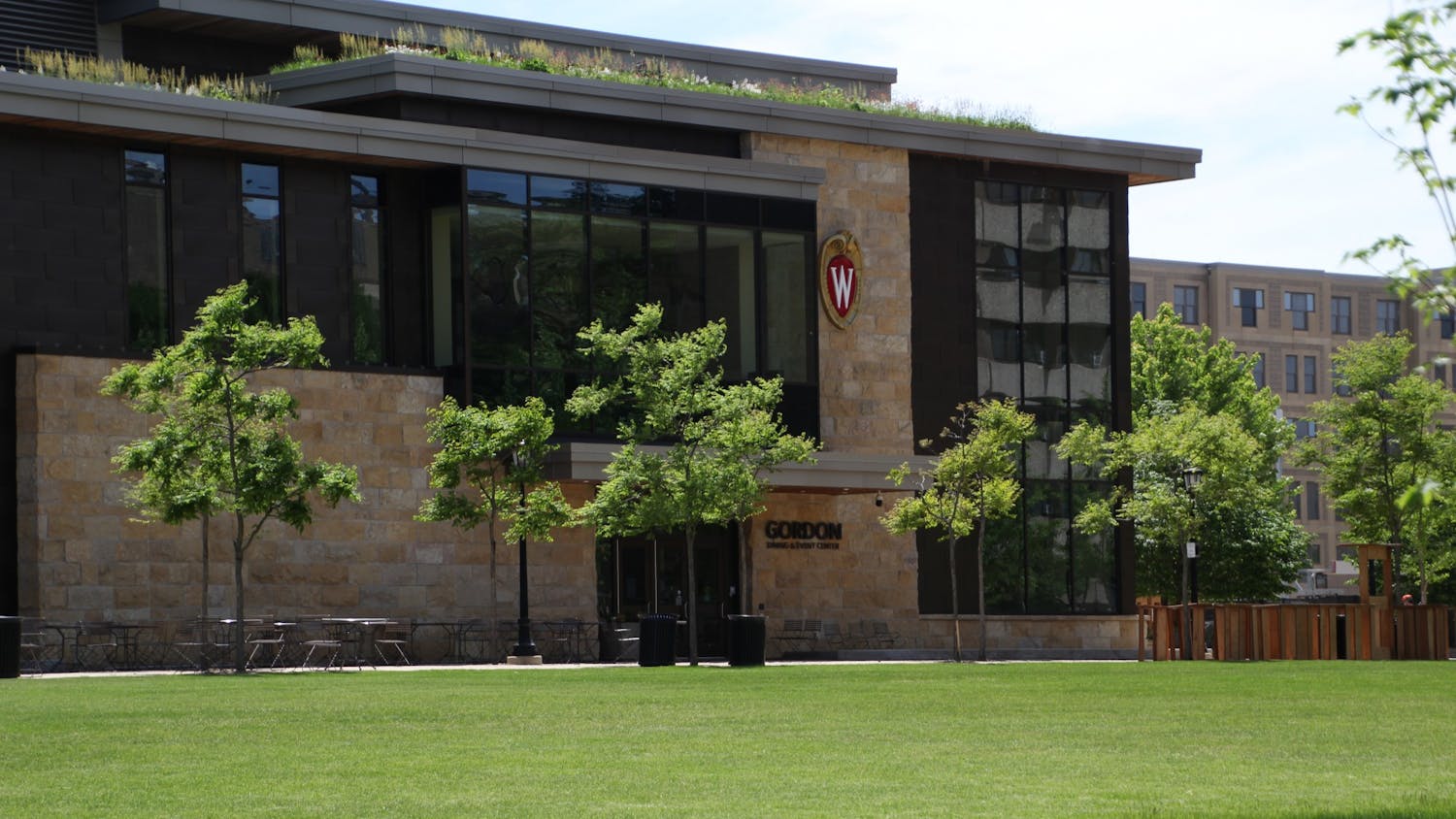Gov. Scott Walker and legislative leaders unveiled a new $100 million property tax relief plan Thursday that they framed as a way to recent state economic success with Wisconsin taxpayers.
The plan would stretch over two years and is designed to use the approximately $7 million surplus the state has gathered, according to Walker. He added the plan would save the average Wisconsin taxpayer approximately $680 more than the plan that was in place at the time he took office.
He also said during his Thursday press conference the relief plan will lower the property tax rates for a third straight year, something that will become official when the relief plan likely takes effect with the state’s December 2013 property tax bill.
“The taxpayers of this state helped create the surplus,” Walker said. “It’s only right that we draw down their property taxes.”
Speaker of the Assembly Robin Vos, R-Rochester, who also attended the meeting, said he plans to introduce the bill Friday and get it moved through the state Legislature by the following weekend.
“[This is] a really good day for Wisconsin taxpayers and the families we are lucky enough to represent,” Vos said.
While Walker and Vos said they believe the property relief plan will gain bipartisan support, state Democrats, including state Assembly Minority Leader Peter Barca, D-Kenosha, said in a statement the governor’s logic is flawed.
He said the plan would not overcome the projected tax hike Walker passed with his most recent state budget, and would not make up for the spending Republicans have done during the governor’s tenure.
“Middle-class taxpayers certainly deserve relief after Republicans gave their hard-earned money away to unaccountable private voucher schools, wealthy special interests and a health care plan that costs more and covers fewer people,” Barca said in a statement. “But it’s questionable at best as to whether the plan Republicans announced today would even do that.”
The governor will call for a special session of the state Legislature to consider the bill. The state Assembly and state Senate will consider the bill over the coming week, according to Walker.






